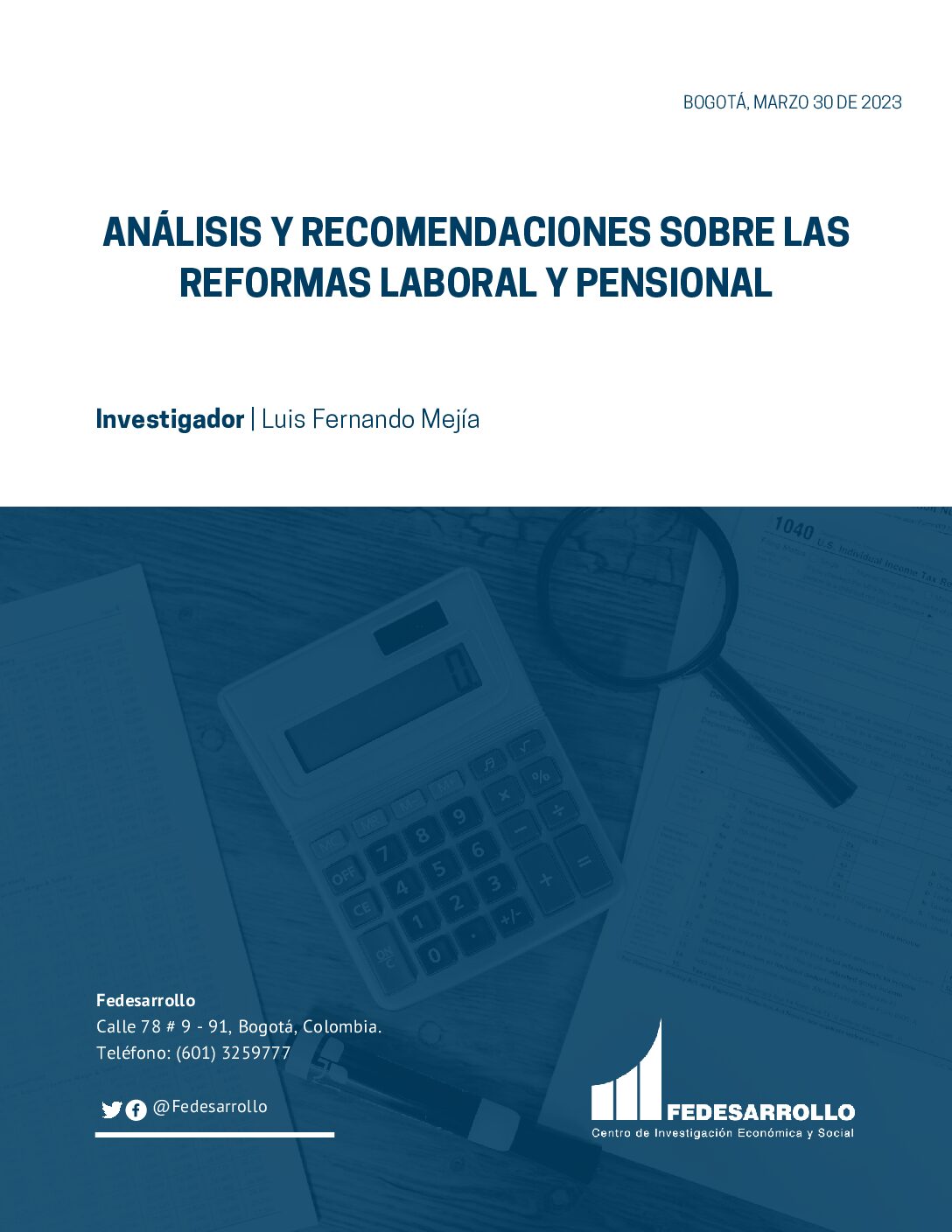¿Qué Incentivos al Retiro Genera la Seguridad Social? El Caso Uruguayo
By Ignacio Alvarez, Natalia da Silva, Alvaro Forteza, Ianina Rossi (Universidad de la República)
The activity rate of mature men has increased in Uruguay in recent decades. This trend is remarkably different from what has been observed in most developed and Latin American countries. We analyze in this paper the incentives to retire implicit in the main social security program of Uruguay. We find that mature men tend to experience significant social security wealth losses if they postpone retirement. These losses tend to represent a greater share of workers wages in Uruguay than in developed countries. The 1996 social security reform reduced the losses significantly and, in some cases, turned them into gains, providing incentives to postpone retirement. It is unclear yet what effects these changes will have on retirement. So far, only in the case of women a clear increase in the retirement age has been observed and it seems to have been caused by the increase in the minimum retirement age, rather than in changes in social security wealth.
Lee más en SSRN










